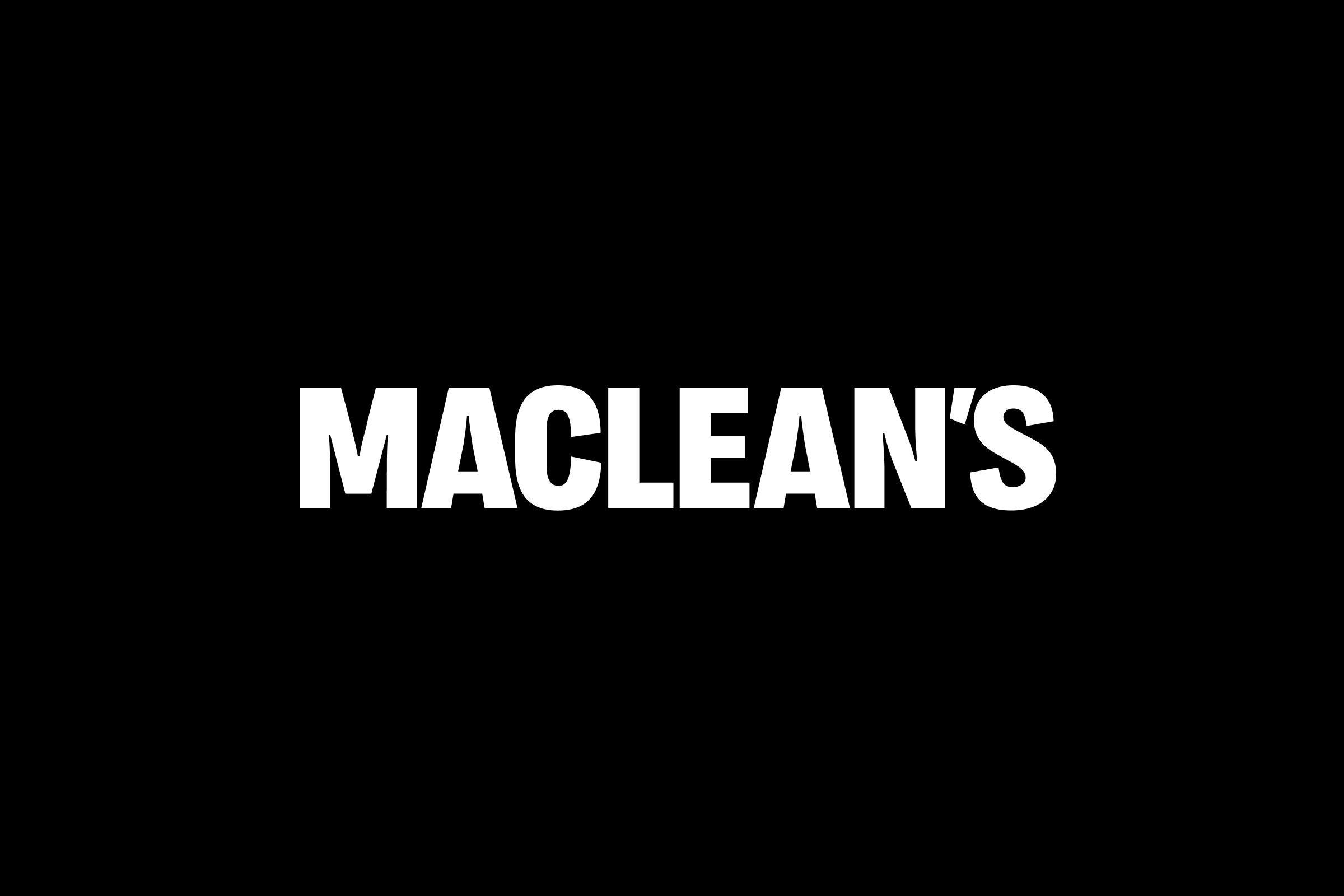Watergate
Donald Trump: The board game
Tabatha Southey: A Trump board game would need a constantly shifting player count of between four and 36, with players constantly eliminated or added halfway throughout the game
Trump vs Nixon: A look at how the two presidents compare
We rated the parallels to date between the Russia-gate and Watergate scandals. The similarities are striking.
The hunt for Pierre Poutine comes up blank
Glen McGregor and Stephen Maher uncover a new twist.
‘This serious bastardization of our electoral system’
Here is some of Pat Martin’s opening statement to reporters this afternoon on the subject of fraudulent calls made during the last federal campaign.
Is it Watergate across the pond?
The British phone hacking scandal is reminiscent of the Watergate scandal of the 1970s. Resignations, non-denial denials, arrests, inquiries by legislators, and firings are dominating the news in both Europe and America. Indeed, just like Watergate, the questions are, what did they (News Corp.) know? And when did they know it?
Nixon and counter-Nixon
I had an interesting companion on my recent trip to California: Poisoning the Press, Mark Feldstein’s new book about the quarter-century feud between Richard Nixon and columnist Jack Anderson. Anderson lived until 2005, but is now quite forgotten, even though he once had a near-monopoly on investigative political journalism in the United States and has (along with his mentor Drew Pearson) no conceivable rival as the creator of the form.
The Commons: Repeat after Rona
How Ms. Ambrose spared Christian Paradis
Dick Cheney and the lessons of Watergate
It will soon be 35 years since President Gerald Ford pardoned his disgraced predecessor, Richard Nixon, on September 8, 1974. It was the first and only time in American history that such an extraordinary act took place. Historians have rendered a mixed judgment on the wisdom of such a move. Some believe it mined the goodwill Ford was shown following Nixon’s resignation and conclude it was a deciding factor in his loss in 1976 to Jimmy Carter. Others look back on Ford’s action as a gesture of healing that permitted America to move beyond the dark chapters of Watergate and Vietnam. I subscribe to both interpretations—it was not the best move in the short term, but we have come to recognize that, whatever Ford’s motives were at the time, a prolonged process may have been more traumatic for the nation. Among some of those who lived through the Watergate travails as politicians or political operatives, a third interpretation took root. To them, Ford’s pardon amounted to a weakening of the executive branch of the United States government. One of those who believed this was Ford’s chief of staff, Dick Cheney.


